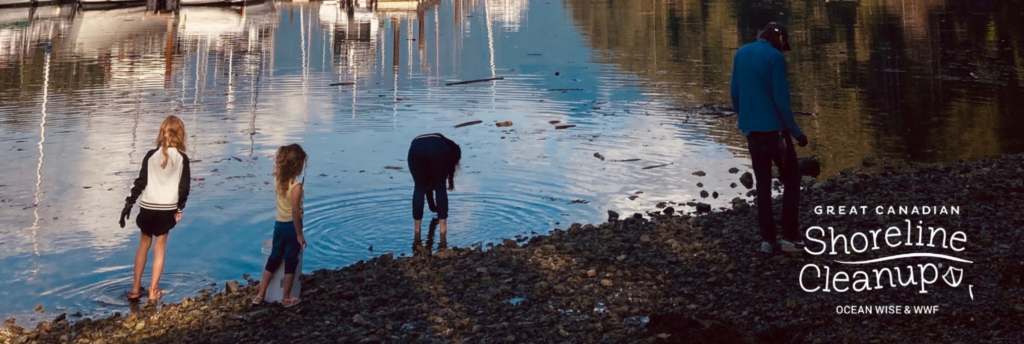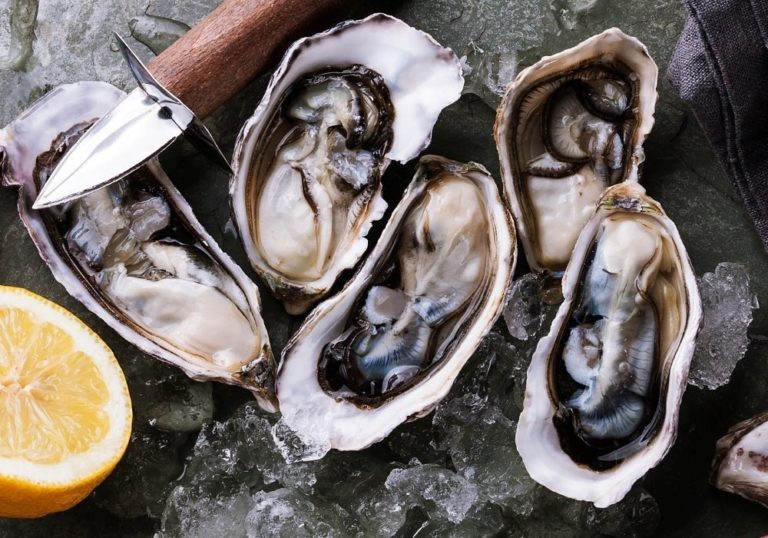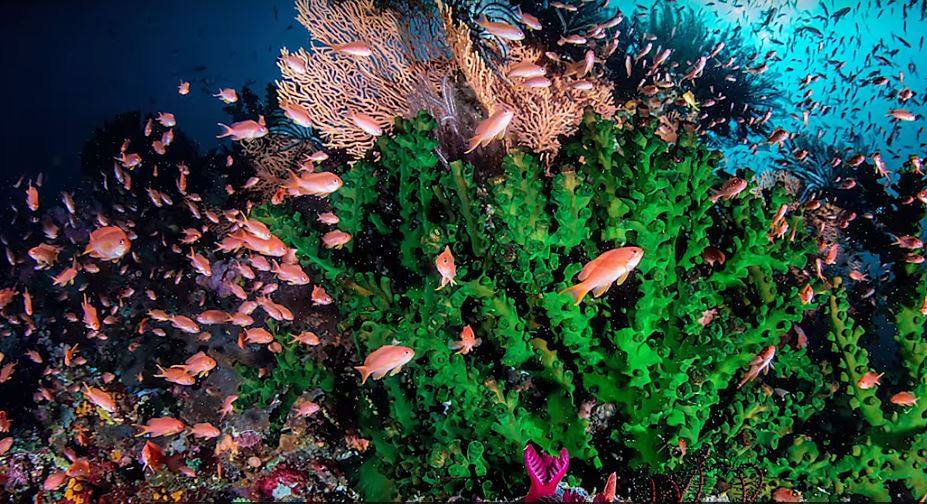Getting Your Restaurant Involved in World Oceans Month & Sustainable Seafood
As advocates for ocean health, it has been Vancouver-based organization Ocean Wise’s ongoing mission to combat, and create awareness around, the effects of climate change, overfishing and the pollution of our oceans.
Initiatives led by the organization include acts of environmental conservation research, including animals and habitats, public education programs, plastic reduction initiatives, seaforestation (ocean restoration), Ocean Wise Seafood (sustainable seafood program) and The Great Canadian Shoreline Cleanup, which has seen over 2 million kilograms of garbage cleaned by 937,000 volunteers.

While ocean activism remains a year-round calling for Ocean Wise Seafood Accounts Coordinator Shiori Ito, June being World Oceans Month is the perfect timing for foodservice operators to begin learning from the organization about important movements and changes they can make in their own kitchens to create a more positive impact, no matter where they are located in Canada.
For any kitchen, action can start with what’s in the freezer, with Ocean Wise emphasizing the importance of sustainable seafood.
“Not only are you helping the oceans, wildlife and our country’s fisheries, by stocking sustainable seafood, you are supplying a better product to your guests. This won’t necessarily cost you any more for the same type of seafood. Suppliers across Canada offer sustainable alternatives so you likely won’t need to change suppliers in order to offer these premium, more sustainable products,” says Ito.
Much of operators’ seafood products, including clams, mussels and oysters, come from seafood farming sources across Canada, as opposed to seasonal fisheries. This sourcing of seafood supply is not only sustainable, it keeps seafood at a less high price point as it makes the products available year-round.

Differences in seafood price points often come from whether or not the source is selectively fishing for a particular species, increasing its value per product and reducing the amount of bycatch, which is the unintended and accidental catch of other species.
One benefit of selective fishing, however, is that these species are handled with particular, highly increased care, resulting in a higher quality product. For example, as opposed to catching fish with a large net, which can cause damage, bruising, and stress for the fish, a pole and line fishery, which catches one fish at a time, will result in minimal bycatch and a higher quality product.
Operators can also take note that in a recent study by the Marine Stewardship Council, it was found that 85% of North American seafood consumers want businesses to have sustainable seafood practices and offerings, and are actively looking for it in the market. This increasingly important statistic is definitely impacting where guests are choosing to dine for their seafood.
Kicking off for World Oceans Month, and continuing through the summer, is Ocean Wise’s Waves for Change campaign, a consumer and business-friendly initiative with a major concentration on sustainable seafood and the simultaneous prevention of overfishing.


